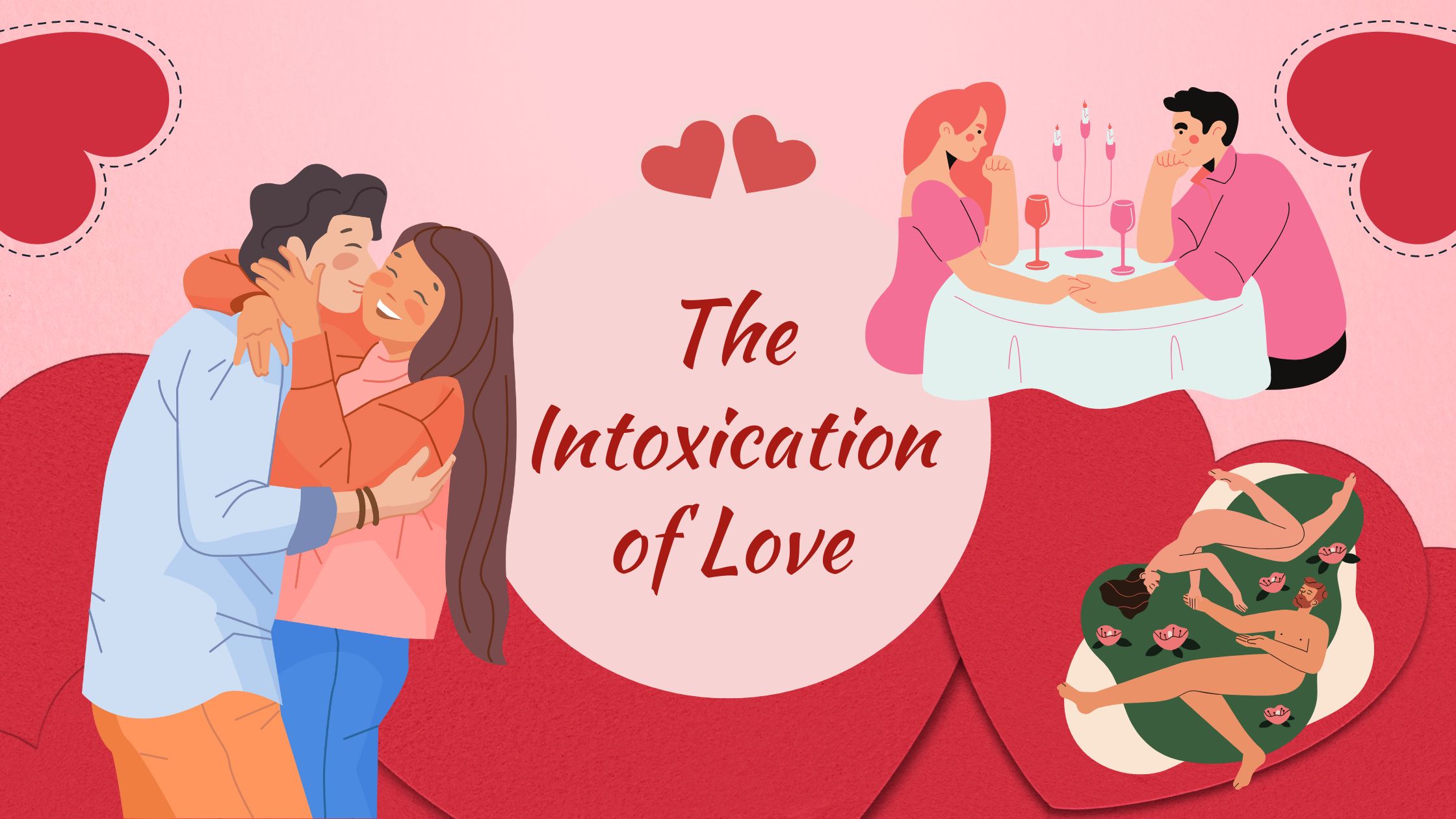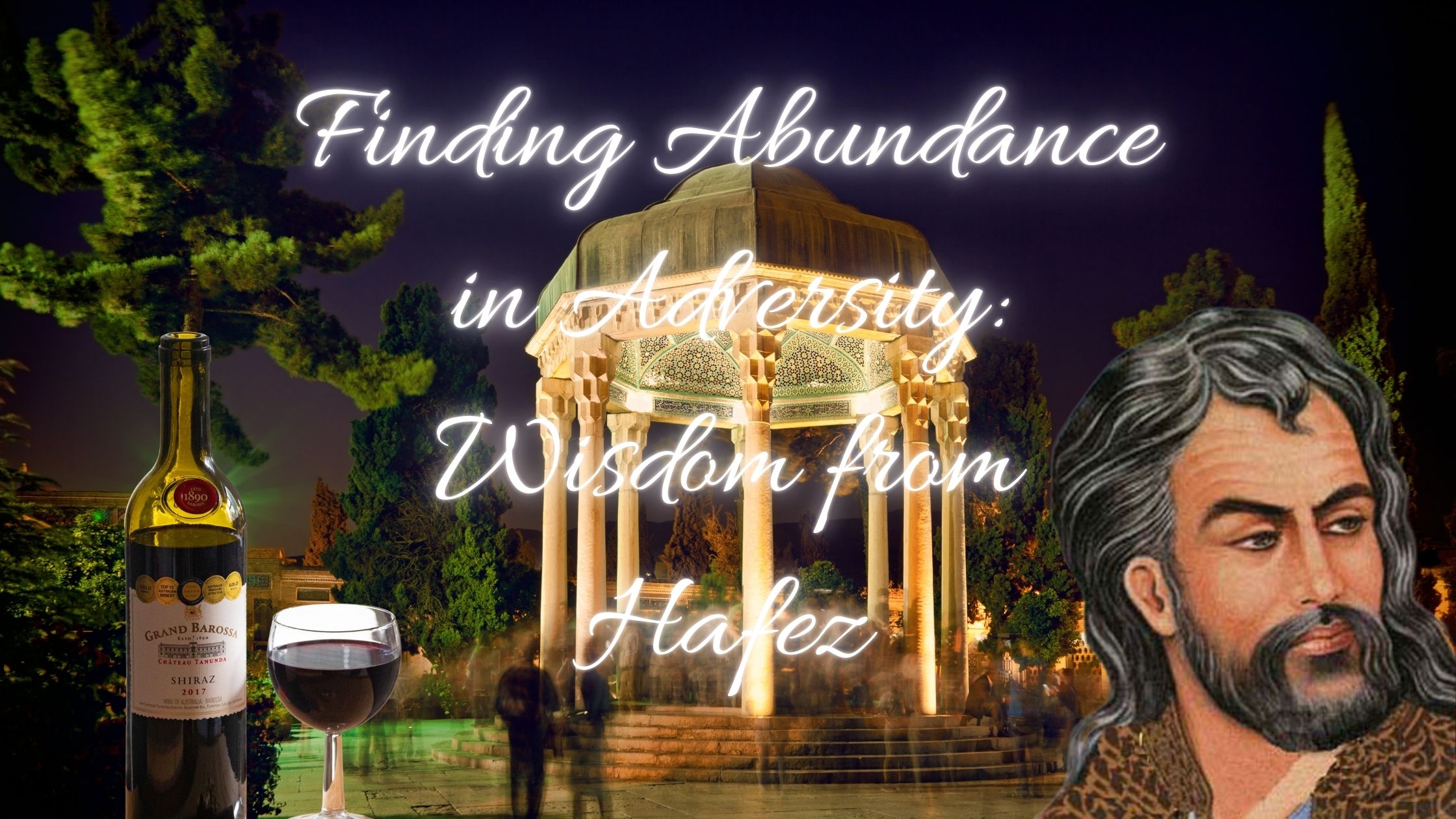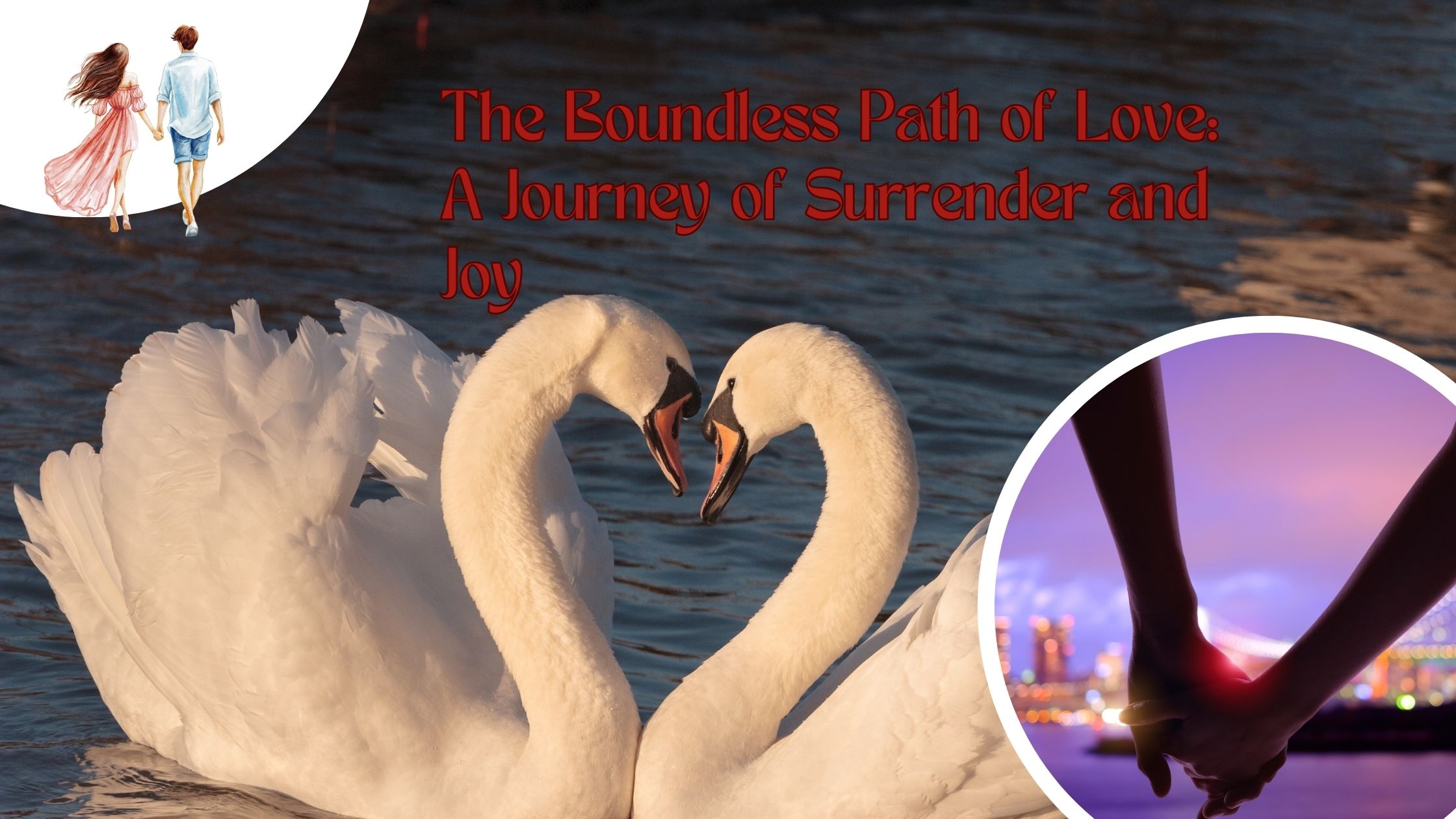The Intoxication of Love: A Reflection on Hafez’s Poem
Love, in its truest form, has a way of dissolving boundaries—between self and other, reality and dream, presence and absence. It intoxicates the soul, much like the imagery Hafez evokes in his exquisite verse.
To the Magian temple came my beloved, cup in hand
Drunk from wine, and the wine-drinkers drunk from their intoxicated narcissus eyes.
In these opening lines, Hafez masterfully blends the physical and the mystical, using the beloved’s presence to symbolize divine beauty and overwhelming allure. The beloved’s eyes, compared to intoxicating narcissus flowers, do not merely charm; they enthrall and captivate, leaving all who look utterly spellbound.
This is the kind of love that transcends logic—a love that overwhelms the senses and renders the heart powerless.
Love as the New Moon and the Cypress
In the horseshoe of their steed appears the shape of the new moon
And from their tall stature, the cypress tree seems low.
Hafez paints the beloved’s arrival as a celestial event. The curve of the horse’s hoof mirrors the crescent moon, while their towering presence eclipses even the majestic cypress. This imagery is not merely romantic—it’s reverent. It elevates the beloved to a divine figure, whose every movement reshapes the natural world.
In love, even the ordinary becomes extraordinary. A glance, a gesture, a momentary smile—these small things hold the power to transform our perception of the universe.
The Self Dissolved in Love
How can I say I am, when I have no news of myself
And why should I say is not, when my gaze is with them as it is.
Here, Hafez captures the ultimate surrender in love—the loss of self. The poet acknowledges that in the beloved’s presence, his own identity dissolves. Yet, this dissolution is not a loss but a merging. When love is true, it blurs the lines between where "I" ends and "you" begins.
How often have we felt this in our own lives? In the presence of someone deeply loved, the world quiets, and our sense of self becomes secondary to the connection we share.
The Harmony and Heartache of Love
The candle of my harmonious heart sat when they rose
And cries rose from the gazers when they sat.
Hafez juxtaposes harmony with heartache, light with shadow. The beloved’s movements—their rising and sitting—command the attention and emotion of everyone around. Love, as Hafez reminds us, is both uplifting and overwhelming. It brings joy and sorrow in equal measure, often within the same breath.
This duality is the essence of romantic love: the ecstasy of connection and the ache of longing. It is what makes love so beautiful and so deeply human.
Love’s Mark on the World
If the civet became fragrant, it was from twisting in their tresses
And if the kohl became bow-drawing, it joined their eyebrow.
In these lines, Hafez ascribes the beauty of the world to the beloved’s presence. Even the civet’s fragrance and the kohl’s allure are but reflections of the beloved’s splendor. Love, in this sense, is a creative force—it enhances everything it touches.
When we are in love, doesn’t the world feel brighter? Colors seem more vivid, sounds more harmonious, and even the air itself feels charged with possibility.
The Pain of Departure and the Hope for Return
Return, that it may return, O Hafez's departed life
Though an arrow that has left the bow never returns.
These closing lines reflect the bittersweet reality of love’s impermanence. The beloved’s departure leaves the poet yearning, his life drained of meaning. Yet, even as Hafez acknowledges the impossibility of return, his plea carries a glimmer of hope—a hope that love might defy the laws of nature and restore what was lost.
This longing is universal. Who among us has not wished for a lost love to return, for time to turn back and grant us another moment with someone who once filled our lives with light?
Love’s Eternal Flame
Hafez’s poem is not just a celebration of love—it is a testament to its transformative power. Love, as he describes it, is a force that can dissolve the self, reshape the world, and leave an indelible mark on the soul. It is at once intoxicating and sobering, joyous and heart-wrenching, fleeting and eternal.
To love deeply is to experience the full spectrum of human emotion. It is to lose oneself and, in doing so, find a deeper truth. Hafez reminds us that this journey, though filled with longing and heartbreak, is what gives life its deepest meaning.
So, let us embrace love in all its forms—the joy, the sorrow, the ecstasy, and the yearning. For as Hafez so beautifully shows us, love is the essence of life itself.
Poem in Persian:
در دیرِ مغان آمد، یارم قدحی در دست
مست از می و میخواران از نرگسِ مستش مست
در نعلِ سمندِ او شکلِ مهِ نو پیدا
وز قدِ بلندِ او بالایِ صنوبر، پست
آخر به چه گویم هست از خود خبرم، چون نیست
وز بَهرِ چه گویم نیست با وی نظرم، چون هست
شمعِ دلِ دمسازم، بنشست چو او برخاست
و افغان ز نظربازان، برخاست چو او بنشست
گر غالیه خوش بو شد، در گیسویِ او پیچید
ور وَسمه کمانکش گشت، در ابروی او پیوست
بازآی که بازآید عمرِ شدهٔ حافظ
هرچند که ناید باز، تیری که بِشُد از شست





